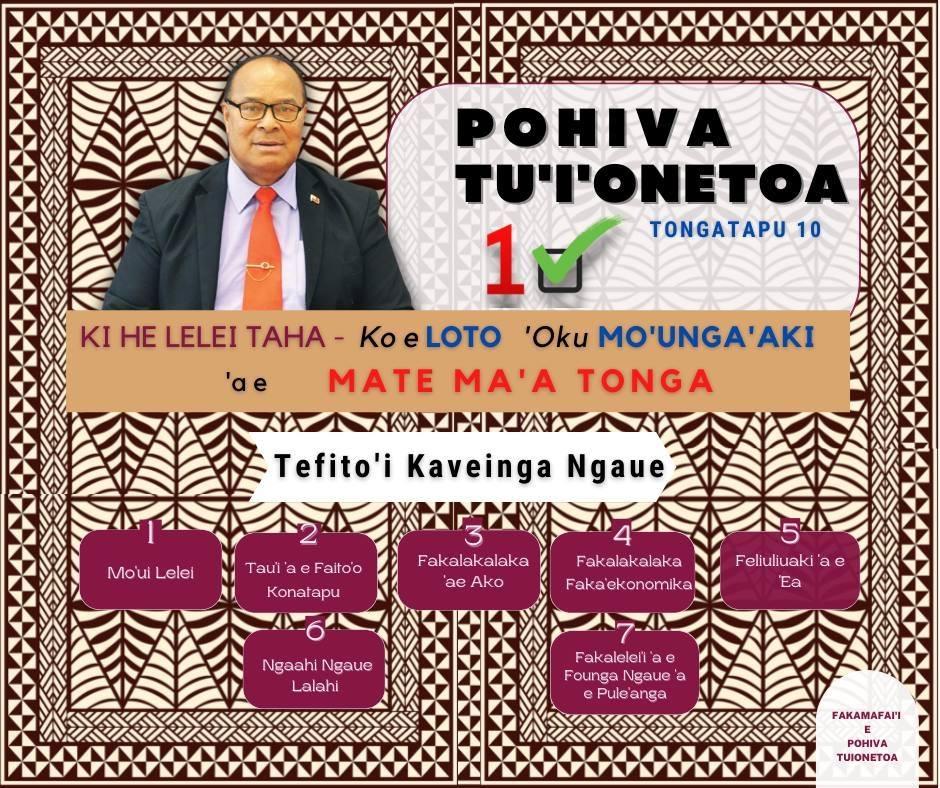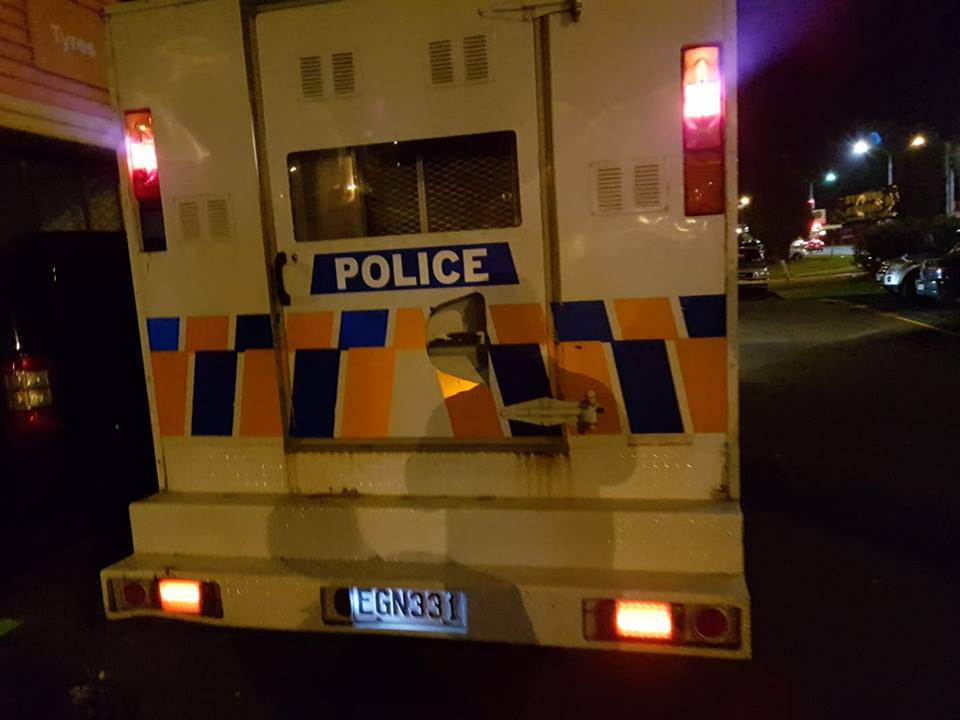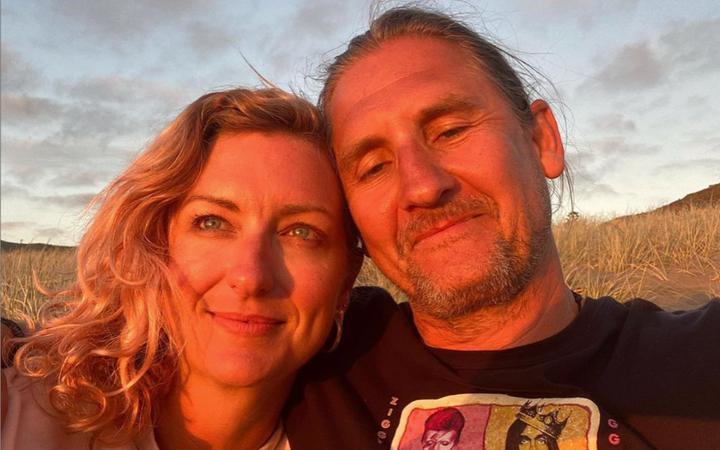ANALYSIS: By Ian Kemish, The University of Queensland. This story appeared on Asia Pacific Report website. Kaniva republished Asia Pacific Report news with permission.
Things were looking very bad three months ago for both Papua New Guinea and Fiji. The two Pacific countries were each looking very vulnerable to the covid delta variant, albeit in different ways.
On July 10, PNG recorded its first official delta case, and the nation’s health professionals were soon warning the combination of very low testing rates, high percentage of positive tests and an extremely slow vaccine rollout provided a “recipe for a major spread”.
Fiji was already in the thick of it at the time. After the deadly delta strain entered the country via a quarantine breach in April, per capita infection rates became the highest in the world in the middle of the year.
Daily infections reached more than 1800 in mid-July – a huge number for a country of only 900,000 people. The crisis caused 647 deaths.
Fast forward several months and PNG and Fiji are heading in opposite directions. More than 95 percent of eligible Fijians over the age of 18 have now received their first jab, and 80 percent are now fully vaccinated.
By contrast, PNG is in the grips of a major wave, with less than 1 percent of the total population fully vaccinated. PNG is trailing much of the world.
Why have two Pacific countries, which share Melanesian cultural connections, handled their vaccine rollouts so differently?
Not a matter of geography or vaccine supply
Fiji’s daily infection rate today is 4 percent of what it was at the peak, and it’s falling. Less than 50 new cases are currently being reported on average each day.
In PNG, the official infection rate is now averaging just under 300 new cases a day, but this drastically understates the reality of what is happening in the country.
Extremely low testing rates simply cannot be relied upon. The country’s own health data reportedly shows 2.6 million cases of flu and pneumonia-like symptoms over the last year, and Port Moresby General Hospital is now reporting positive covid testing rates of 60 percent. Like other hospitals across the country, it risks being overwhelmed by the virus.
It’s not simply a vaccine supply issue. At this stage of the global crisis, PNG, like Fiji, has received substantial vaccine deliveries — principally from Australia, New Zealand and the COVAX vaccine delivery initiative.
In fact, thousands of PNG’s early deliveries went to waste because the health authorities were unable to use them. The PNG government has recently made the best of a bad situation by re-gifting 30,000 vials donated by New Zealand to Vietnam.
We can also set aside any suggestion Australia, as the major regional donor, is somehow favouring one country over the other.
The Australian government has put a high priority on providing vaccines to both countries in recent months. Its assistance has also extended to education and logistical efforts, along with targeted medical emergency teams and support for those with expertise and capacity on the ground.
Nor is it really a matter of distribution.
PNG’s geography does present some challenging physical barriers to distributing vaccines – its legendary mountainous terrain and the remoteness of many of its inhabitants are well known.
But companies from Digicel to South Pacific Brewery manage to penetrate the most inaccessible areas with their products despite these difficulties. And the authorities manage to deliver the vote across the nation every five years in what is one of the world’s most extraordinary democratic exercises.
With its own rugged terrain and dispersed populations across multiple islands, Fiji has also faced major physical impediments to its vaccine rollout.
The major difference: leadership and belief
We get closer to the problem when we think in terms of trust, understanding and belief.
Fijians have embraced the vaccination rollout almost as one, following the guidance of their medical authorities and falling in line with the firm “no jabs, no job” policy of its prime minister, former military commander and coup leader Voreqe Bainimarama.
In PNG, the term “vaccine hesitancy” understates the problem. One survey earlier this year showed worrying low willingness to take the vaccine, and another survey of university students showed a mere 6 percent wanted it.
Vaccine patrols have received death threats in some areas, and any politician who speaks out in favour of vaccination risks a political backlash. Strong efforts are now being made to overcome this problem, with the health authorities preparing a fresh approach and iconic figures such as rugby star Mal Meninga supporting the publicity effort.
These dramatically contrasting pictures cannot be explained fully through differences in education standards, or the quality of medical advice and attention.
To be sure, Fiji leads PNG in these respects — Fiji has 99 percent literacy compared to just over 63 percent in PNG, according to the latest available figures. And while Fiji’s medical system has its challenges, the decline in PNG’s health services due to chronic lack of investment puts it in a very different category.
In PNG, trust in leadership has flagged following decades of frustration with growing wealth inequality and concerns over governance and transparency.
Rather than trust official sources, people often look to Facebook and other social media for their information, and are thus vulnerable to the dangerous nonsense peddled by the anti-vaccination movement in the West.
I know how quickly Papua New Guineans tap into what’s happening in neighbouring Australia, too. They will have seen how the public debate in Australia has dented confidence in the AstraZeneca brand — the mainstay of their own vaccine supply.
But perhaps most troubling of all is the sense that many Papua New Guineans have developed a fatalistic belief that covid is just another health challenge to add to the litany of other serious problems facing the country, among them maternal mortality, malaria and tuberculosis.
It’s almost as if they believe this is all somehow PNG’s lot. But it doesn’t need to be.
Ian Kemish is a former ambassador and adjunct professor at the School of Historical and Philosophical Inquiry, The University of Queensland. This article is republished from The Conversation under a Creative Commons licence. Read the original article.
 Misiona Talafu Petelo, aged 19, from Papatoetoe, died following a shooting incident which occurred earlier on Saturday evening on Massey Road in Mangere.
Misiona Talafu Petelo, aged 19, from Papatoetoe, died following a shooting incident which occurred earlier on Saturday evening on Massey Road in Mangere.





